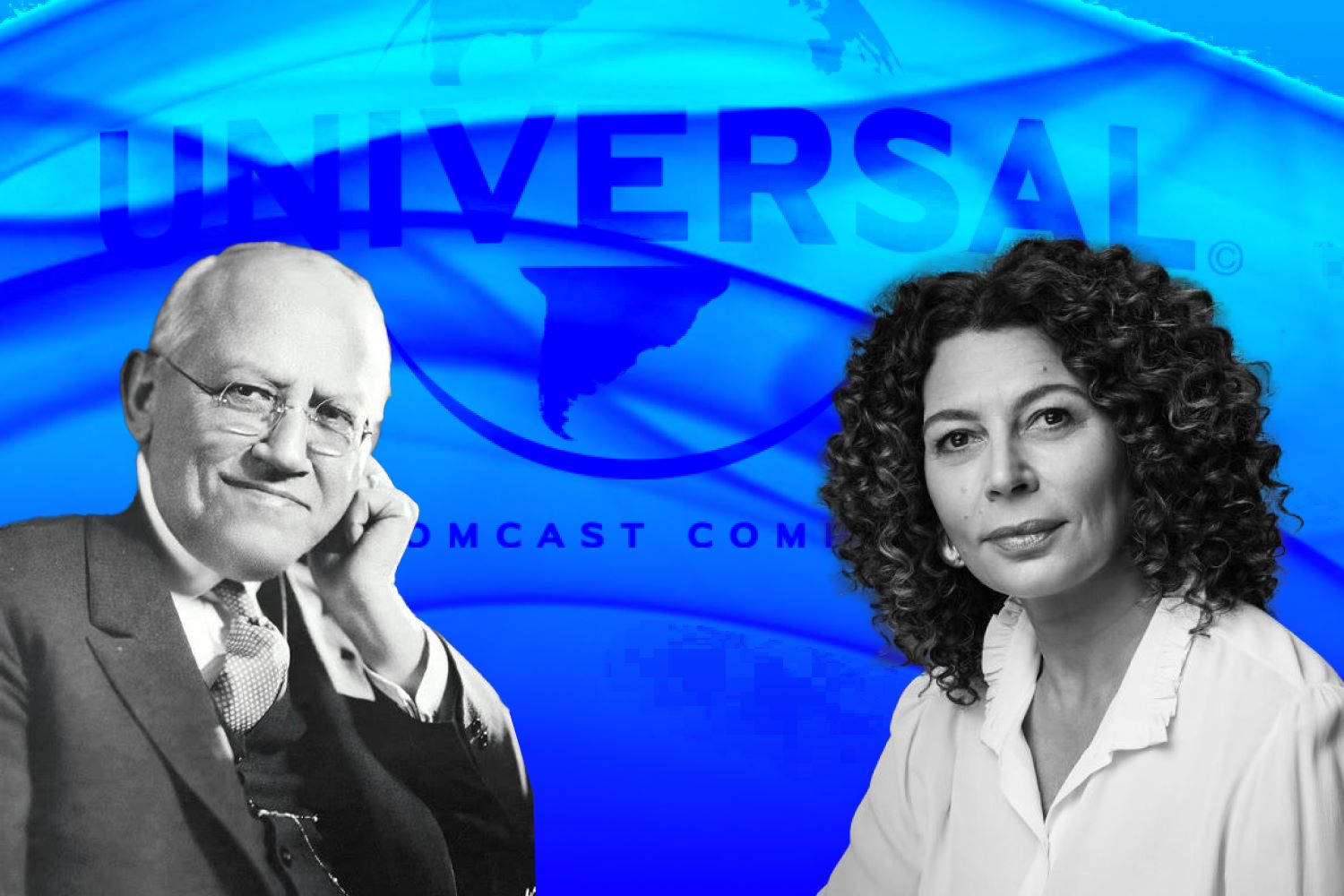Universal Studios: A Century-Long Cinematic Saga Unveiled
The film industry, a globally dynamic sector shaped by technological advancements, evolving consumer preferences, and cultural influences, has witnessed a remarkable journey of transformation. In this tapestry of cinematic evolution, Universal Studios emerges as a paramount figure, its legacy carefully woven by visionaries and stewards across epochs.
Founded by the indomitable Carl Laemmle in 1912, Universal Studios emerged as a pioneer in Hollywood’s burgeoning film industry. As the cradle of creativity for over a century, Universal stands as one of the oldest film studios, witnessing the evolution of storytelling and technology.
Yet, the studio’s narrative extends beyond its founding figure. Over the years, Universal Studios has passed through the hands of nine different owners, each contributing their mark to the studio’s journey.
Carl Laemmle’s Legacy: From German Immigrant to Film Pioneer
The first owner, Carl Laemmle, an immigrant from Germany, landed on American shores in the late 1800s.
Facing the challenges of adapting to a new country and language, Laemmle spent a decade navigating a series of low-paying jobs.
His journey eventually led him to Wisconsin, where he found his footing working for a clothing retailer. Starting as a bookkeeper, he gradually immersed himself in advertising and management, setting the stage for a remarkable entrepreneurial venture.
By 1906, at nearly 40 years old, Carl Laemmle had accumulated enough savings to pursue his dreams. A keen observer of the cultural shifts of the time, he noticed the rising popularity of Nickelodeon theaters—affordable venues where audiences could enjoy short films for a nickel.
Recognizing the potential of the burgeoning film industry, Laemmle swiftly invested his savings in opening one of the first movie theaters in Chicago, the White Front Theater. This venture marked the inception of his involvement in the evolving world of cinema.
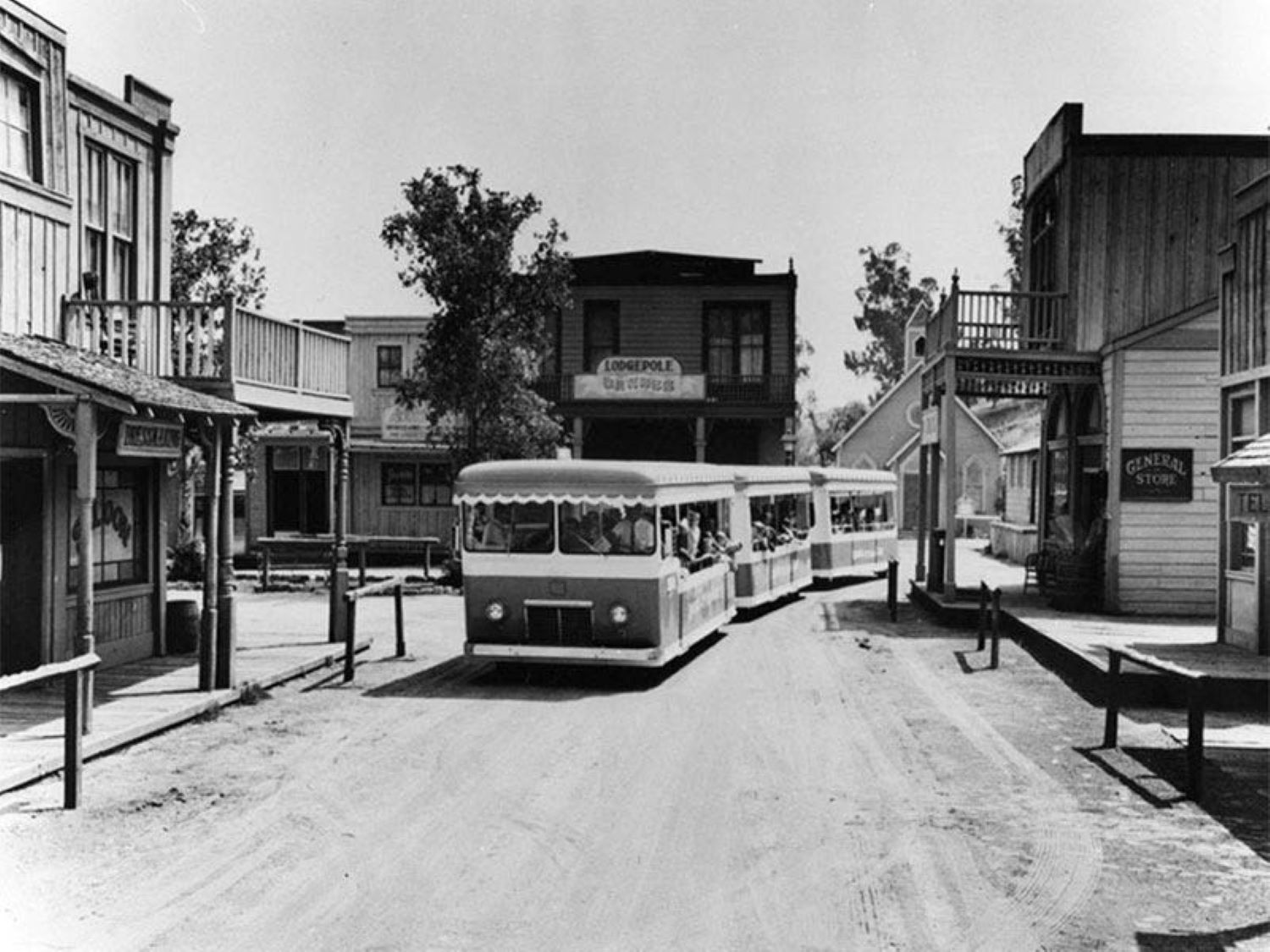
Eager to expand his influence, Laemmle promptly followed up with the creation of a second theater, the Family Theater. His entrepreneurial spirit continued to soar, leading him to establish what would become a significant film distribution company and production studio.
Originally named The Independent Motion Picture Company in 1909, the company underwent a transformative merger after only three years, joining forces with five others to adopt the name Universal.
In a strategic move, just two years after the merger, Laemmle inaugurated Universal City in Hollywood, California.
Carl Laemmle’s legacy is punctuated by a series of bold challenges and pivotal contributions that shaped Universal Pictures and the early film industry.
In his quest for innovation, he took on Thomas Edison’s patents, engaging in anti-trust lawsuits that reached the Supreme Court, ultimately paving the way for a more competitive and diverse cinematic landscape.
Laemmle’s influence extended beyond American borders, with significant operations in Europe, particularly in Germany during wartime. He played a pivotal role in crafting some of the first movie stars, recognizing their appeal as essential to drawing audiences.
Throughout the early years, Universal Pictures mirrored the industry’s growth. While initially gaining a reputation for producing short, lower-budget films, Laemmle initiated a transformation in the 1930s.
In 1930, Universal secured Best Picture with “All Quiet on the Western Front,” signaling a turning point in their pursuit of cinematic excellence. The subsequent introduction of their iconic line of monster movies solidified Universal’s imprint on the film industry.
However, the financial challenges culminated in a poignant chapter for Carl Laemmle and Universal Pictures. Despite considerable investments in the business, the returns did not match expectations.
The production of “Showboat,” spearheaded by Laemmle, proved particularly detrimental. The costs escalated, and to alleviate financial strain, Universal sought a substantial loan from Standard Capital.
Unfortunately, the burden of repaying the loan proved insurmountable for Laemmle. Faced with mounting debts, he had no choice but to relinquish control of Universal Pictures. The sale of the studio marked a sorrowful ending for Laemmle, who harbored a deep attachment to the company he had founded.
The separation from Universal was undoubtedly a heartbreaking development for Laemmle. His vision and dedication had shaped the studio into a cinematic force, and parting ways was a bitter pill to swallow.
In 1936, Universal Pictures found a savior in Standard Capital, its second owner, when financial challenges loomed large. The strategic prowess of Standard Capital was evident as they implemented budget cuts, turning the company’s fortunes around.
Renamed New Universal, the studio capitalized on the comedic charm of Abbott and Costello, merging their popularity with iconic monsters to create a winning formula that resonated with audiences and rejuvenated Universal’s success.
Theatrical Alchemy: MCA’s Metamorphosis of Universal Pictures
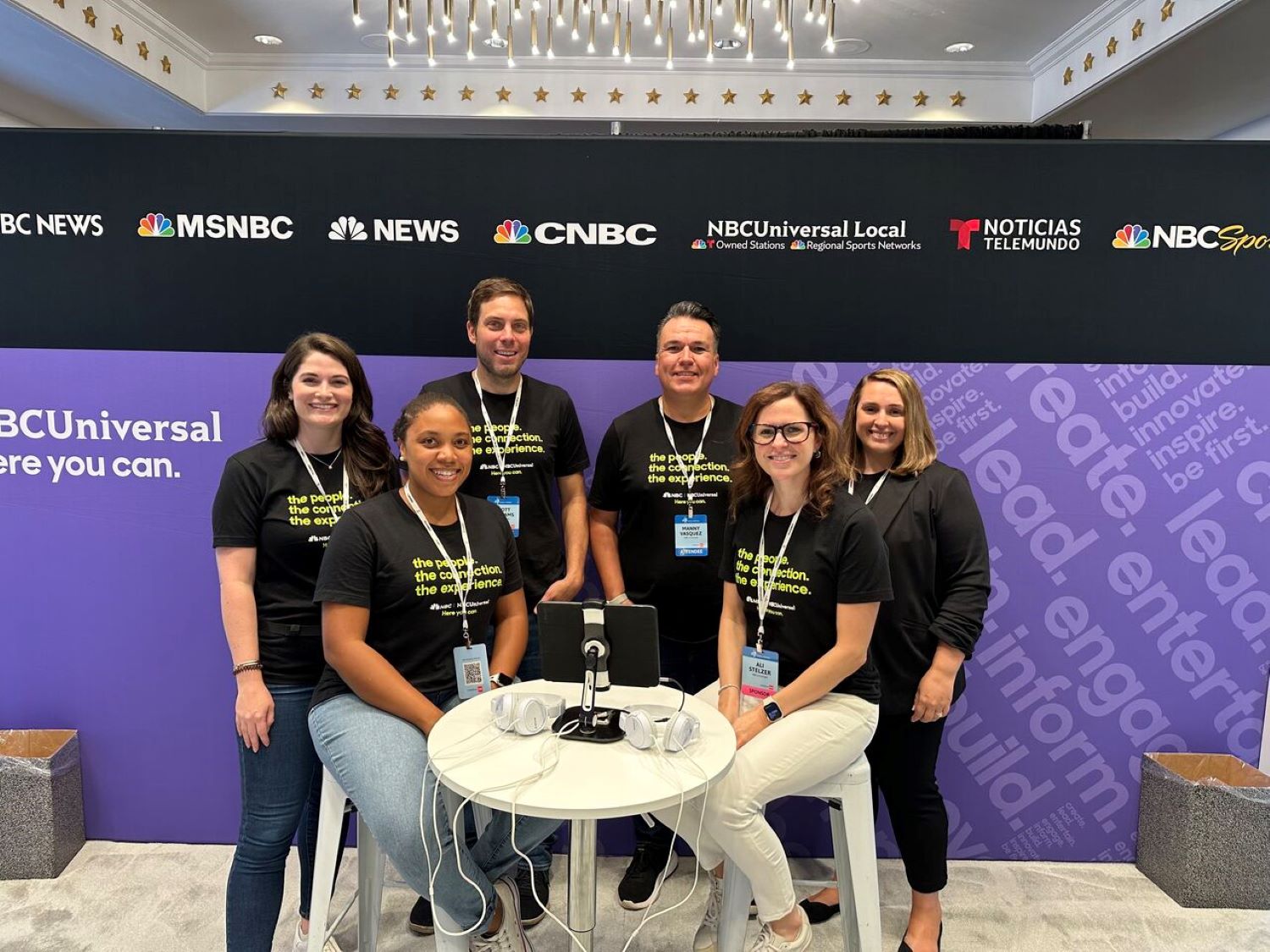
The landscape shifted again in 1952 when Decca Records acquired Universal Pictures. This marked Universal’s initial foray into the world of music, establishing a unique connection between the film and music industries.
The year 1962 brought a new era with MCA’s acquisition of Universal through the purchase of Decca Records. Known for its representation of Hollywood’s elite, MCA faced challenges due to its involvement in television licensing and production.
The acquisition prompted a legal mandate for MCA to divest its talent agency, leading to a singular focus on film production.
By reviving studio tours and reimagining Universal City, MCA elevated the studio’s status, laying the foundation for its current renown as a captivating destination for film enthusiasts.
MCA’s influence extended beyond the film industry, as seen in their acquisition of Spencer Gifts, a novelty retailer whose fate would intertwine with Universal Pictures for the next 36 years.
Furthermore, MCA played a pivotal role in transforming Universal Pictures into a thriving entertainment destination, a legacy that endures today. Recognizing the allure of behind-the-scenes experiences, one of their initial endeavors as owners was to reinstate and expand studio tours.
While Carl Laemmle had originally initiated these tours, it was under MCA’s guidance that they regained prominence, enhancing Universal’s appeal as a tourist attraction.
MCA’s influence extended beyond Hollywood, reaching the East Coast with the establishment of Universal Studios and a theme park in Orlando during the 1980s.
A crucial partnership further cemented MCA’s impact. Teaming up with renowned filmmaker Steven Spielberg proved to be a game-changer. Spielberg’s 1975 directorial venture, “Jaws,” not only marked the first film to gross over $100 million at the box office but also pioneered the concept of the summer blockbuster.
This success set the stage for Spielberg’s subsequent hits, featuring iconic creatures in films like “E.T.” and “Jurassic Park,” creating a lucrative and enduring legacy for Universal Pictures.
Panasonic-MCA Synergies and Challenges
As the 1990s unfolded, a notable trend swept through the film industry — major movie studios were engaging in mergers with large corporations.
In 1989, Warner Brothers merged with Wood Time, and Columbia found a partner in Sony, symbolizing a shift toward consolidation and collaboration.
In 1990, MCA faced the pressing need to align with a partner to remain competitive in an industry where rivals were growing exponentially through mergers.
The landscape dictated that without a strategic alliance, MCA risked being overshadowed by larger competitors.
In a strategic move, MCA found a partner in Panasonic, formally known as the Matsushita Electrical Industrial Company of Japan, named after its founder. However, the Panasonic brand was more commonly recognized, and the company has since adopted this name.
The partnership with Panasonic was a product of shared interests and mutual concerns. In the backdrop of the evolving industry dynamics, Panasonic, a prominent electronics company, was also seeking a partner.
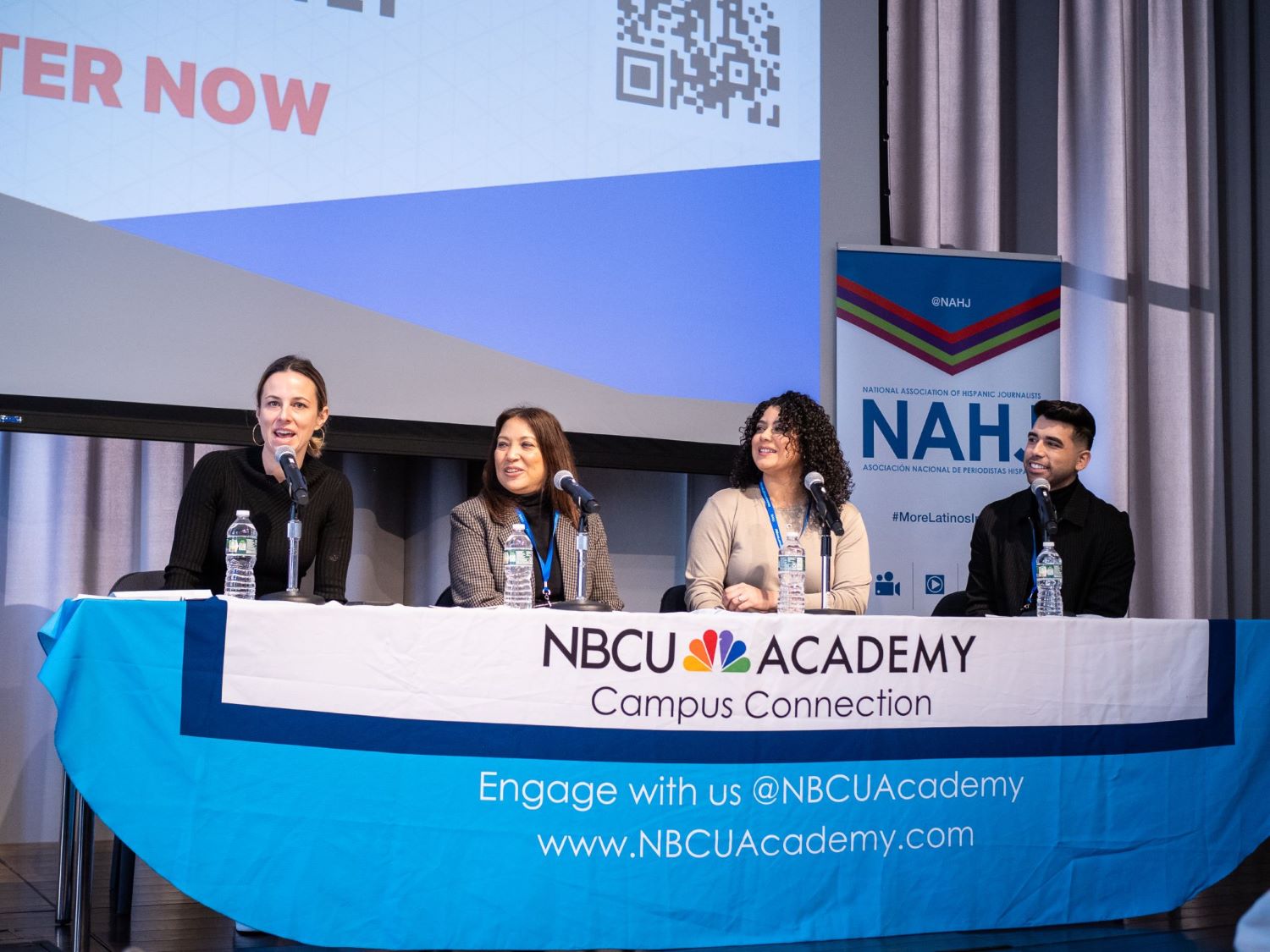
Sony’s recent collaboration with Columbia created a sense of urgency, prompting Panasonic to explore alliances to stay competitive in the rapidly changing landscape.
The essence of these mergers was to create a synergy where movie studios could produce content while their partners manufactured the necessary equipment for viewing. However, the reality did not align with the envisioned synergy. The partnerships faced challenges from the outset, with a sense of forced integration.
Additionally, the Japanese economy’s complexities and declining electronics sales further complicated the landscape, casting a shadow on the optimistic expectations tied to these strategic alliances.
Just five years after entering a strategic alliance with Panasonic, MCA underwent another ownership transformation.
In 1995, MCA, and consequently, Universal, found an unexpected buyer in Seagram in a groundbreaking $5.7 billion deal. This acquisition took industry observers by surprise, given that Seagram was a Canadian-based company traditionally renowned for its alcoholic products, including brands like Captain Morgan and various liquors.
“This decision today stands on its own. It will be judged in five years or more. The only actions I take are actions that are in the best interests of the shareholders of the Seagram Co. It is a business decision, and I believe our shareholders will be well rewarded,” Seagram CEO Bronfman said.
Seagram, however, was no stranger to diversification. At the time of the acquisition, they held the distinction of being the largest single shareholder in the chemical company Du Pont, with a substantial 24 percent ownership.
Despite their success in unrelated industries, Seagram made a strategic shift by redirecting their focus toward movie studios.
In a move that drew attention and criticism, Seagram sold their stake in Du Pont for over $8 billion, utilizing most of the proceeds to acquire MCA. With the deal’s completion, the company changed to Universal Studios.
‘This transaction continues the transformation of Seagram,’, Bronfman said. ‘With MCA, Seagram now has two engines of growth – beverages and entertainment/communications, which share a common focus on consumers, brands and the talents of their employees.’
Over the subsequent years, Seagram worked diligently to divest its interests in beverage brands, pivoting towards a more prominent presence in the world of music and movies.
Cultural Compatibility in Mergers: Comcast’s Vertical Integration and NBC Universal
As the new millennium unfolded, Universal Studios found itself at a crossroads.
By the year 2000, the movie division was grappling with financial challenges, having faced disappointing box office performances and accruing substantial debt.
This predicament unfolded against the backdrop of an industry marked by escalating consolidation, epitomized by the monumental merger between AOL and Time Warner.
In response to the evolving landscape, Universal Studios underwent a significant transformation in 2000, being acquired by the French conglomerate Vivendi in a complex $30 billion merger.
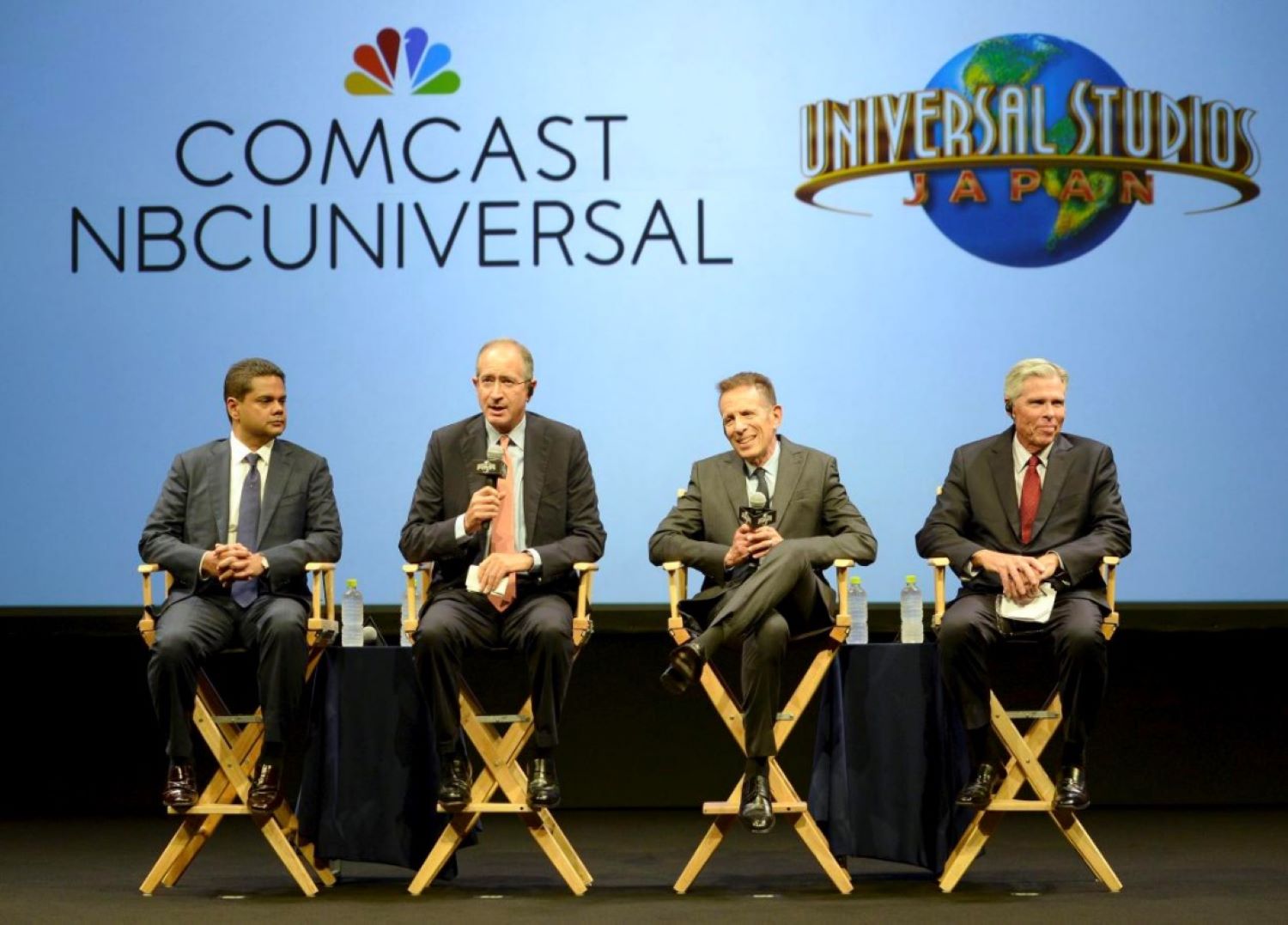
Vivendi, initially rooted in the 1800s as a water company, had evolved into a communications giant, earning the moniker “the corporate octopus” due to its diverse ventures. Notably, Vivendi was also recognized for its involvement in Activision Blizzard, adding another layer to its expansive portfolio.
The year 2003 saw a new chapter as General Electric entered the scene, acquiring Universal from Vivendi. For Vivendi, this move served as a strategic financial maneuver to alleviate debt, while for General Electric, already the owner of NBC, the addition of a movie and TV studio presented valuable synergies.
This collaboration resulted in the formation of a separate entity named NBC Universal (NBCU), with General Electric holding an 80% stake and Vivendi retaining a 20% ownership, which was later transferred in its entirety.
Subject to approval from the Federal Communications Commission and Department of Justice, the forthcoming joint venture will showcase an extensive portfolio of programming assets, encompassing CNBC, USA Network, NBC Sports, Versus, and E! Entertainment Television.
This strategic move positions Comcast – NBCU as a significant player, ranking among the top 10 web properties with 82 million unique visitors. Additionally, the venture includes popular online platforms such as iVillage, Daily Candy, Fandango (a movie ticketing site), and Hulu—an online video service offering content from over 190 providers.
Comcast’s strategic approach, known as vertical integration, revolves around the concept that a single company can oversee various segments of a revenue chain, particularly in the entertainment sector.
In 2011, with the acquisition of NBCU, Comcast aims to have ownership over the content it distributes, aligning with the vertical integration model. This strategy shares similarities with Apple, which has successfully implemented vertical integration by controlling both the software and hardware components of its products to enhance the overall customer experience.
In the case of AOL and Time Warner, the anticipated synergies were never realized, and the cultural misalignment between the two companies led to the eventual spin-off of AOL as a separate public entity.
Despite skepticism about the success of vertical integration, experts at Wharton view Comcast’s decision positively.
Unlike the AOL and Time Warner merger, Comcast plans to allow NBCU to operate independently without imposing an extensive list of synergy plans. Comcast does not intend to absorb NBCU into its organizational chart but rather let it run similarly to how it did under General Electric.
Jeff Zucker, CEO of NBCU, and his existing team of executives will continue leading the company.
Wharton marketing professor Pete Fader emphasizes: “AOL and Time Warner had a merger that was seeking synergies… Comcast isn’t coming up with crazy dreams like AOL and Time Warner had.”
Fader also highlights that Comcast and NBCU are a more culturally compatible match than NBCU and GE. The combination makes sense as opposed to the previous partnership with General Electric, where the corporate cultures did not align.
“NBC is going from a company that makes turbine engines to one that makes the pipes to the entertainment,” he said.
Besides, it is also imperative to acknowledge the significance of Donna Langley’s leadership role.
Langley’s approach extends beyond mainstream successes, as she has earned respect for supporting edgier fare and emerging talent. Notable examples include backing Jordan Peele’s directorial debut, “Get Out,” and fostering partnerships with filmmakers like Elizabeth Banks and Judd Apatow.
Langley’s promotion raises questions about NBCUniversal’s strategic direction as it competes with tech giants like Apple and Amazon, as well as legacy media companies like Disney and Warner Bros. Discovery. It suggests a commitment to an artist-first approach, contrasting with the challenges faced by competitors who prioritized individuals with backgrounds in tech and finance over creatives.
With Langley’s extensive experience, NBCUniversal gains the pedigree and institutional knowledge of a seasoned executive who has consistently delivered results. Her ability to establish critical partnerships and maintain strong ties with filmmakers positions her as a key figure in steering the company through a rapidly evolving media landscape.
“We really focus and strive to create an environment for filmmakers where they can do their best work and minimize the friction and noise, and complement their film with an excellent distribution and marketing campaign,” she said. “That’s what Hollywood is looking for.”
Subsequently, in 2016, Comcast further bolstered its entertainment assets by acquiring DreamWorks Animation.
The DreamWorks deal materialized swiftly in recent weeks, forming a seemingly perfect union in the realm of Hollywood.
NBC Universal’s CEO, Steve Burke, said: “DreamWorks Animation is a great addition to NBC Universal.”
Challenges and Triumphs: Universal Pictures in the Ongoing Streaming Wars
Universal Pictures has been a key player in the ongoing Streaming Wars, a fierce competition among major studios and streaming platforms for audience attention and market share.
In July 2020, NBCUniversal entered the highly competitive arena of streaming services with the launch of its premium platform, Peacock.
As studios invest heavily in original content, the burning question is who will emerge victorious and how long can the industry sustain the escalating costs.
Netflix currently leads with over 167 million subscribers, but new entrants like Apple TV+, Disney+, HBO Max and Peacock are intensifying the battle.
Paramount Pictures, following the Viacom-CBS merger, is navigating a strategy of providing premium content to both its own streaming services and external platforms.
Disney, with the successful launch of Disney+, has opted for bringing its content back in-house.
Warner Bros., set to launch HBO Max, balances between its theatrical business and exclusive content for streaming,
Unlike some of its competitors, NBCUniversal, with its robust $11.8 billion cable business, took a unique approach with Peacock. Instead of aiming to replace or overshadow its cable offerings, the company positioned Peacock as a complementary service for cable customers.
The intention was to provide cable subscribers with a free supplemental streaming service, offering additional content options while retaining the existing cable business model.
Universal Pictures, a key subsidiary of NBCUniversal, played a crucial role in the Peacock strategy. The studio, which also boasts ownership of DreamWorks Animation, as mentioned above, and Focus Features, made a strategic decision to reclaim many titles from third-party streaming services and consolidate them on Peacock.
The termination of the output deal with FX signaled Universal Pictures’ commitment to making Peacock the primary platform for its future film content.
The launch of Peacock was initially planned to coincide with the 2020 Summer Olympics, a significant event for NBCUniversal. However, the Olympics were delayed, leading to a substantial loss in expected revenue.
Given the intensified competition in the streaming landscape and the financial impact of the delayed Olympics, Universal Pictures found itself in a position where external financing partners became crucial for maintaining competitiveness.
Third-party financiers, such as investment firms or content financing entities, could provide the necessary capital to support Universal Pictures in creating high-quality content and navigating the evolving dynamics of the Streaming Wars.
Donna Langley’s leadership has been marked by a commitment to making Universal stand out in the streaming market. She believes in the power of event cinema and the importance of positioning movies in theaters to create a sense of occasion.
Despite the rise of streaming, Langley emphasizes the significance of cinematic experiences and aims to make movies matter by balancing their availability on streaming platforms with theatrical releases.
Langley’s tenure at Universal has seen the studio embracing a diverse range of projects, from blockbuster franchises like Fast & Furious to critically acclaimed films like Straight Outta Compton. Her strategy involves a mix of high-profile releases, clever use of limited resources, and a keen eye for untold stories that resonate with various audience segments.
While navigating the challenges posed by the Streaming Wars, Universal has also made strategic partnerships, including collaborations with prominent filmmakers like Jordan Peele.
Universal Studios’ Holistic Marketing Approach: A Symphony of Film and Theme Park Magic
More remarkably, Universal Studios’ marketing strategy and mix serve as a testament to the brand’s ability to seamlessly integrate blockbuster film production and theme park experiences into a harmonious global phenomenon.
The expansive studio, spanning LA, California, operates as both a film powerhouse and a sought-after tourist destination. The introduction of the Universal Studios theme park chain on a global scale reflects a strategic move to diversify offerings and enhance the overall brand experience.
In a fiercely competitive industry, Universal Studios employs a pricing strategy that not only competes but strategically positions itself as an affordable alternative, particularly against the backdrop of its main competitor, Disney.
The distribution strategy leverages a global network, with the main theme park in Orlando and strategic locations in LA, Singapore, and Japan, while future expansions into Beijing and Moscow further solidify its global reach.

Embracing changing consumer behaviors, Universal Studios ensures accessibility through physical stores, online platforms, TV, and the internet, while also adapting to the digital era by making new content instantly available for streaming or downloading.
The promotional and advertising strategy is characterized by an iconic logo and a reliance on the inherent promotional power of its blockbuster films and theme park experiences.
Universal Studios has created an image that transcends age barriers, appealing to a diverse audience. This brand association has become a matter of honor for consumers, showcasing the immense publicity generated by its chain of theme parks worldwide.
Beyond the traditional 4Ps, Universal Studios emphasizes the importance of people, fostering a multicultural workforce. Collaboration with eminent screenwriters underscores the significance of talent in the creative process.
The streamlined processes involve collaborations with directors, screenwriters, producers, and actors, showcasing adaptability in content creation and delivery.

